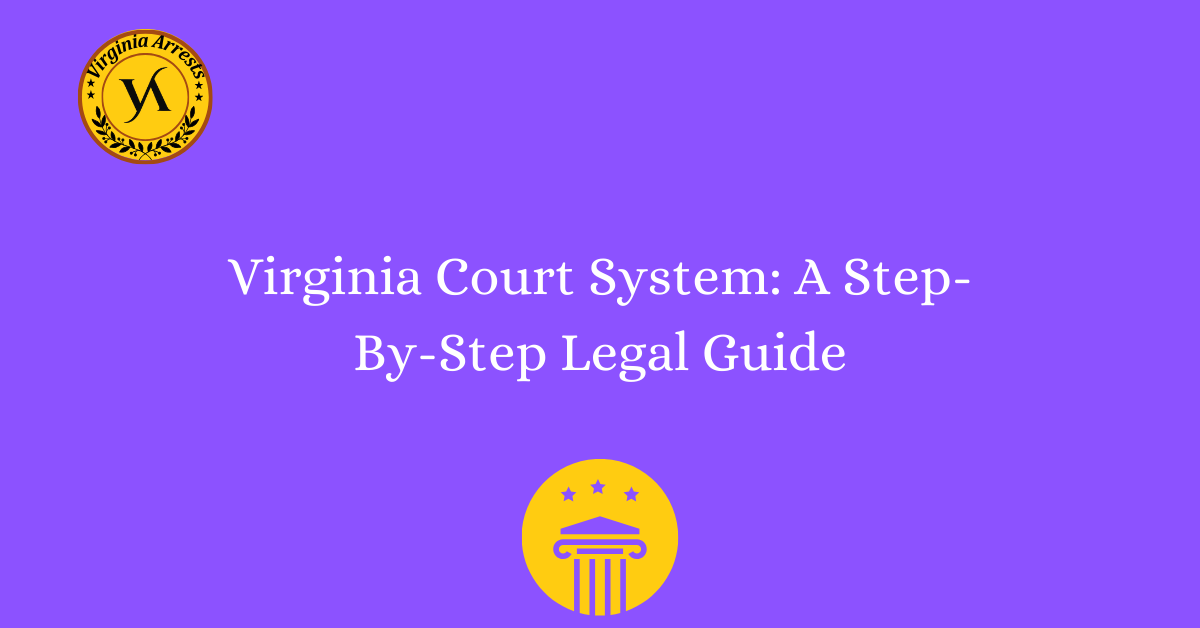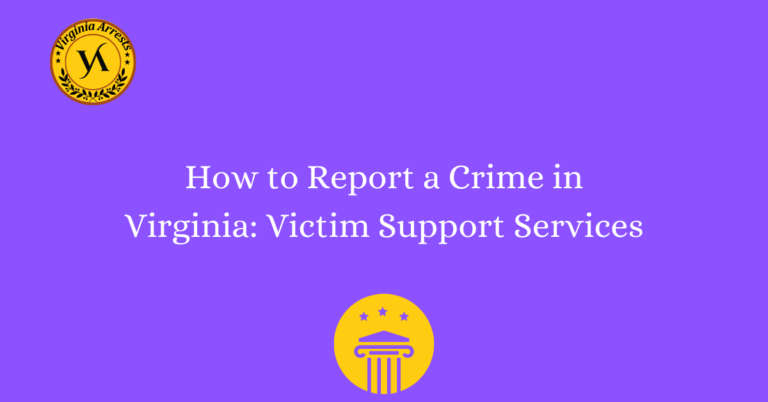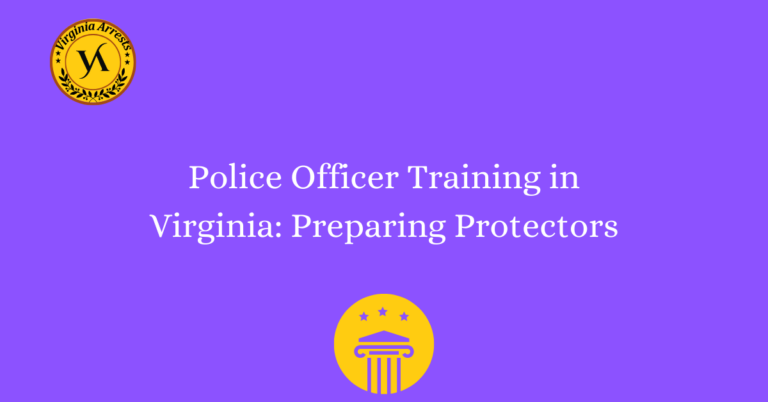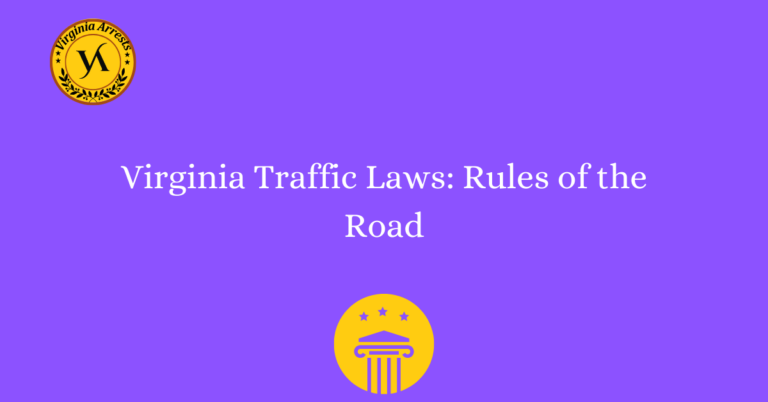Virginia Court System: A Step-By-Step Legal Guide
The Virginia Court System is a comprehensive legal system that operates within the state of Virginia. With a rich history and a commitment to justice, the Virginia Court System provides a step-by-step legal guide for individuals seeking legal assistance or representation. From small claims court to the Supreme Court of Virginia, the court system offers a range of services and resources to ensure that all individuals have access to fair and equitable justice.
Whether you are navigating a divorce, dealing with a criminal charge, or seeking compensation for a personal injury, the Virginia Court System is here to assist you every step of the way. With a dedicated team of judges, lawyers, and support staff, the court system is committed to upholding the law and protecting the rights of all individuals. No matter the complexity of your case, you can trust that the Virginia Court System will provide you with the guidance and support you need to navigate the legal process.
The Structure of the Virginia Court System
The Virginia Court System is composed of several levels of courts, each with its own jurisdiction and responsibilities. Understanding the structure of the court system is crucial in navigating the legal process effectively.
Small Claims Court
Small Claims Court is the first level of the Virginia Court System. It handles civil cases involving small amounts of money, typically under a certain threshold. This court provides a simplified and expedited process for resolving disputes between individuals.
General District Court
The General District Court has broader jurisdiction than the Small Claims Court. It handles a wide range of civil and criminal cases, including traffic offenses, landlord-tenant disputes, and misdemeanor criminal offenses. This court is often the starting point for most legal matters.
Circuit Court
The Circuit Court is the highest trial court in the Virginia Court System. It has jurisdiction over more serious criminal offenses, civil cases involving larger amounts of money, and family law matters. This court also serves as an appellate court for certain decisions made by lower courts.
Court of Appeals
The Court of Appeals is an intermediate appellate court that reviews decisions made by the Circuit Court. It ensures that the law was applied correctly and fairly in the lower courts. This court provides an opportunity for parties to appeal unfavorable decisions and seek further review.
Supreme Court of Virginia
The Supreme Court of Virginia is the highest appellate court in the state. It has the authority to review decisions made by the Court of Appeals and has the final say on matters of law in the state. This court ensures consistency and uniformity in the interpretation and application of the law.
Access to Fair and Equitable Justice
The Virginia Court System is dedicated to providing access to fair and equitable justice for all individuals. Regardless of the complexity of your case, the court system is committed to upholding the law and protecting the rights of every individual involved.
Guidance and Support Throughout the Legal Process
Whether you are navigating a divorce, dealing with a criminal charge, or seeking compensation for a personal injury, the Virginia Court System is here to assist you at every step of the way. With a dedicated team of judges, lawyers, and support staff, you can trust that you will receive the guidance and support you need to navigate the legal process effectively.
FAQs
What is the Virginia Court System?
The Virginia Court System refers to the judicial branch of the state government in Virginia. It is responsible for interpreting and applying the law, resolving disputes, and administering justice in the state.
What are the different levels of courts in the Virginia Court System?
The Virginia Court System consists of three main levels of courts: the Supreme Court of Virginia, the Court of Appeals of Virginia, and the circuit courts. The Supreme Court is the highest appellate court in the state, while the Court of Appeals handles most appeals from circuit courts. Circuit courts are the trial courts of general jurisdiction in Virginia.
What types of cases do the Virginia courts handle?
The Virginia courts handle a wide range of cases, including criminal cases, civil cases, family law matters, probate and estate cases, and traffic violations. Each level of court has specific jurisdiction over different types of cases.
How do I file a lawsuit in the Virginia Court System?
To file a lawsuit in the Virginia Court System, you need to prepare a complaint, which outlines your claims and the relief you are seeking. You must then file the complaint with the appropriate court and pay the required filing fee. It is advisable to consult with an attorney to ensure that your lawsuit is filed correctly.
What is the role of judges in the Virginia Court System?
Judges in the Virginia Court System are responsible for presiding over cases, interpreting and applying the law, making rulings on legal issues, and ensuring that the trial process is fair and impartial. They have the authority to make decisions on matters of law and to issue orders and judgments.
Can I represent myself in the Virginia Court System?
Yes, you have the right to represent yourself in the Virginia Court System. It is called appearing pro se. However, it is often recommended to seek legal representation, especially if your case is complex or involves significant legal issues. An attorney can provide valuable guidance and advocate for your rights in court.







